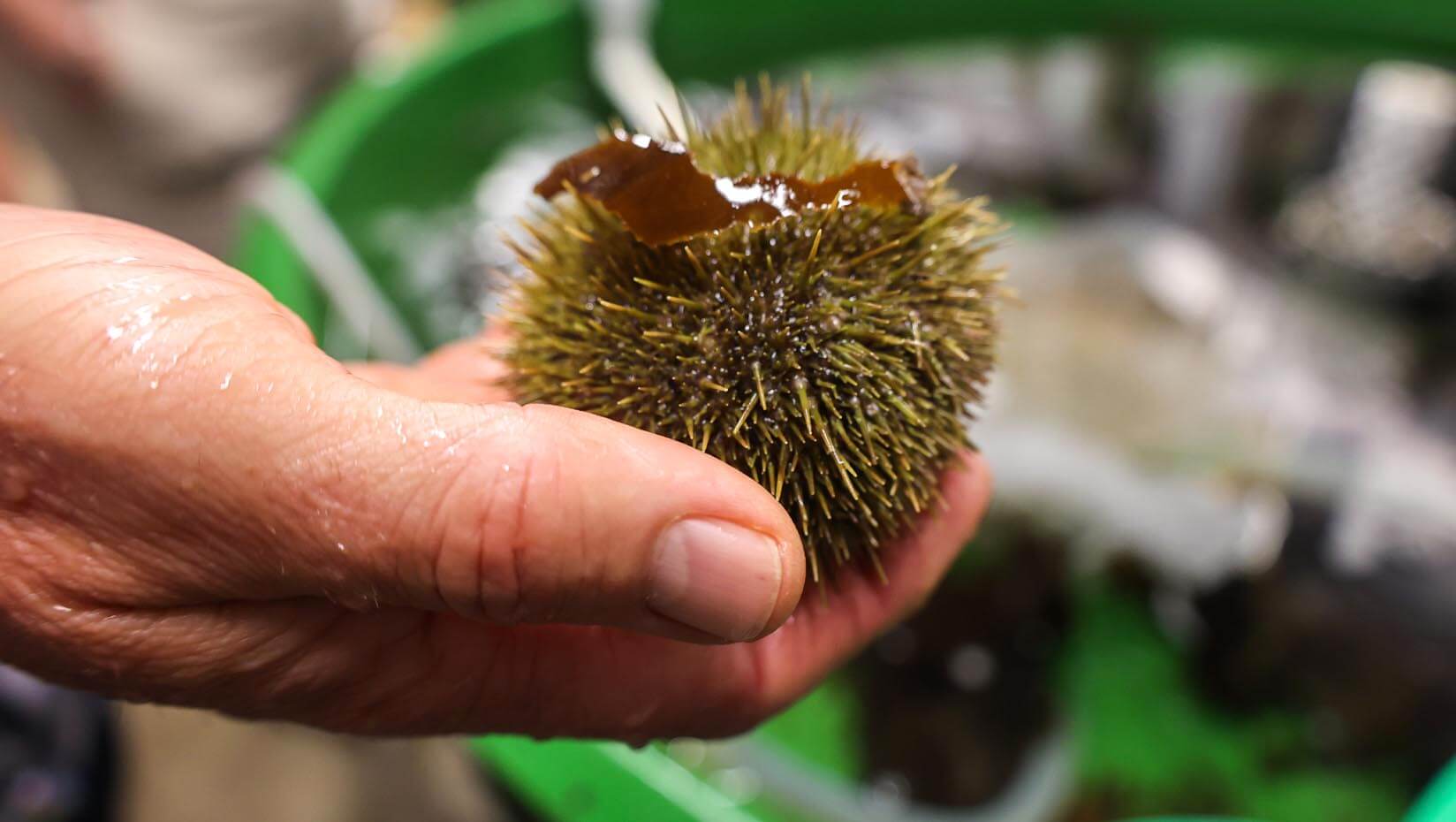
UMaine to propel aquaculture innovation and workforce with new facility
Development, design and engineering of the University of Maine’s Sustainable Aquaculture Workforce Innovation Center (SAWIC) will proceed this fall.
SAWIC will advance aquaculture talent development and innovation for Maine and beyond. The University of Maine System (UMS) Board of Trustees approved moving forward with the design process for the 14,200-square-foot facility during its regular meeting on Monday, July 15. SAWIC is expected to open in late 2025.
U.S. Sens. Susan Collins, vice chairman of the Senate Appropriations Committees, and Angus King secured $7 million in Congressionally Directed Spending in the Fiscal Year 2024 federal budget to construct the center. An additional $3.35 million toward construction costs will come from the Maine Jobs & Recovery Plan put forth by Gov. Janet Mills and supported by the 130th Maine Legislature to invest the state’s share of federal pandemic relief, including in UMS workforce development.
SAWIC will support sustainable economic development, food security and climate and community resilience through innovation in the aquaculture sector. Students, faculty and industry professionals will have access to the center, which will provide training programs with a focus on hands-on experience and real-world problem solving.
The center will also foster collaboration through a partnership with the Penobscot Nation and other Wabanaki Nations, ensuring its programs and training opportunities align with the needs and perspectives of these communities and address tribal food sovereignty and economic development.
“Our students will be working on actual systems that resemble those in high-production aquaculture facilities, but at a much smaller scale,” said Deborah Bouchard, director of the Aquaculture Research Institute (ARI) and associate professor of aquatic animal health with University of Maine Cooperative Extension.
SAWIC will address critical workforce needs by preparing the next generation of skilled professionals for the aquaculture industry. The Maine Aquaculture Association (MAA) noted in its letter of support for the project that the aquaculture sector employs over 700 people and generates over $100 million in farm gate sales in Maine. Based on pending licenses and permits, MAA estimates that over 1,300 additional employees will be needed by the sector in the next 15 years.
“Aquaculture is one of the world’s fastest-growing food production methods. Through its cutting-edge education and research, UMaine has played a critical role in supporting Maine’s aquaculture businesses, creating opportunities and competing globally. The new Sustainable Aquaculture Workforce Innovation Center will build on existing expertise and partnerships, providing a clear path for workforce entry and success in Maine’s dynamic aquaculture sector,” said MAA Executive Director Sebastian Belle.
The potential for Maine to become a national leader in aquaculture is immense, said Bouchard. Since its establishment in 2009, the ARI, which will oversee SAWIC, has emerged as a leading authority on aquaculture research in Maine, spearheading efforts to foster a sustainable aquaculture future locally and globally. Under Bouchard’s leadership, the ARI has facilitated interdisciplinary research in academic and applied domains, such as social dimensions of aquaculture, aquatic animal health, aquatic species biology and reproduction and ecological dimensions of aquaculture.
Bouchard noted that Maine’s marine expertise, waters and seafood brand have all contributed to its emerging leadership in the aquaculture industry. The center will fulfill a variety of research functions, including topics related to cold water aquaculture, fish health, nutrition and environmental sustainability.
“This facility will set the stage for recirculating agriculture systems research, and support our faculty and students who address the top industry priorities, like developing alternative proteins, reducing dependency on fish meal in aquaculture feeds, exploring new species and more,” Bouchard said.
Contact: Corinne Noufi, corinne.noufi@maine.edu
